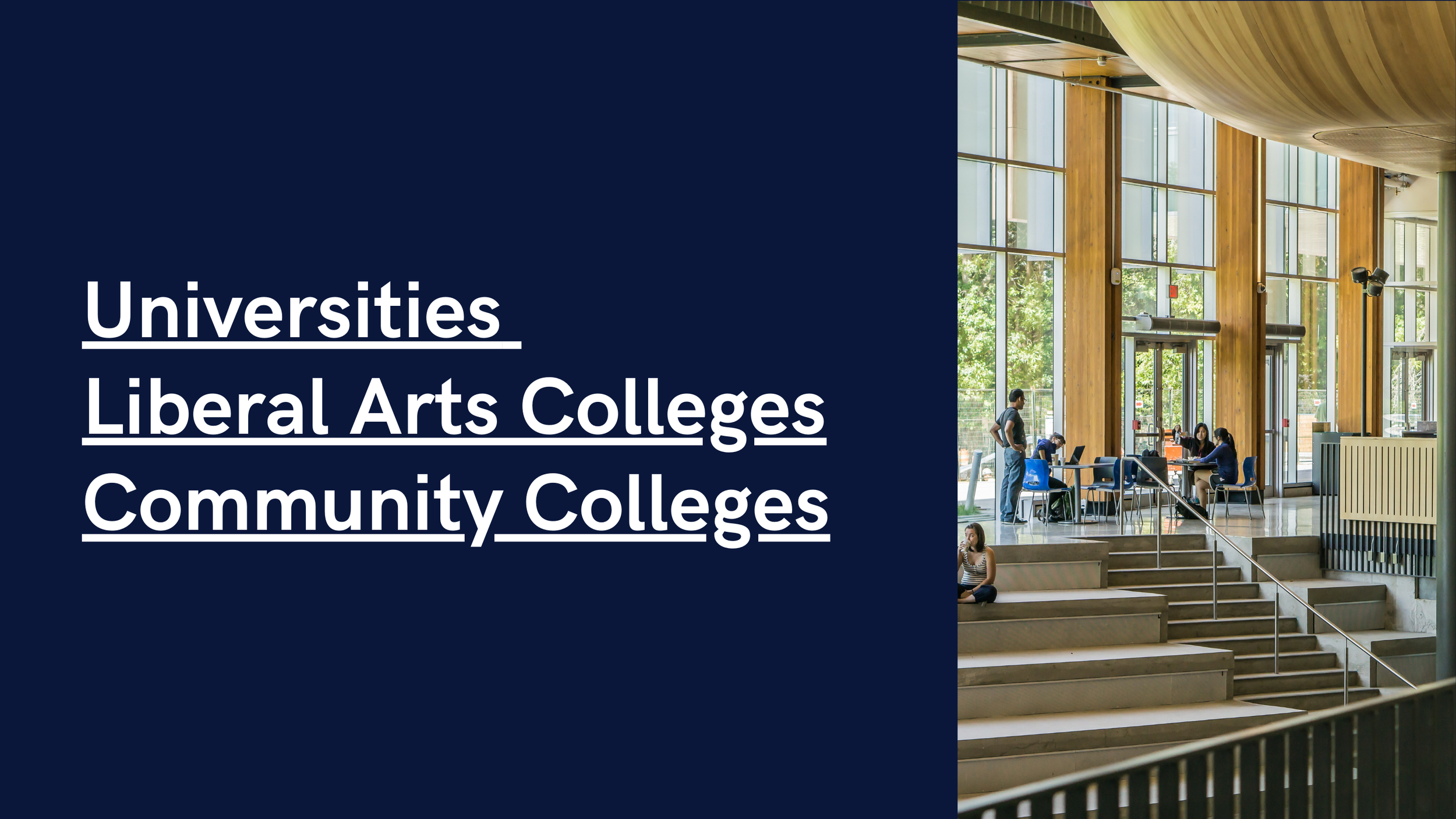The preferred end result of any college application is admission into an institution of higher learning and eventually, a degree to show for your efforts. While this is a common, seemingly straightforward goal, there are several nuances when it comes to different types of degree-granting institutions.
First, there are different types of postsecondary degree-granting institutions. They fall into three main categories: universities, community colleges and liberal arts colleges. Liberal arts colleges are colleges with only one school or a specialised institution within them – they focus on the study of liberal arts and sciences, and provide a four-year Bachelor’s degree.
Community colleges provide two year degrees. They focus on vocational and technical education, they provide certificates, diplomas and associate degrees. After a two year degree at a community college, many students opt to transfer to a liberal arts college or a university to complete their Bachelor’s degree.
Universities, unlike liberal arts colleges, have several schools (Engineering, Business, Arts and Science, and more!). One applies to a school/college within the university, not the university itself. Universities are often the most recognisable type of post-secondary institution – and, accordingly, often the most selective. For example, Harvard University, which is ranked very highly both nationally and globally, has an acceptance rate of only 5%.
Given these differences, there are several reasons why you might choose to study at a university rather than a community college or a liberal arts college. While these have their own merits, universities often have a larger variety of disciplines that you can choose from, as well as a wider scope for research. Due to this diversity of subjects, as a student at a university, you’re often allowed to cross-register for electives, which means that you can take courses from other departments, colleges or universities, which allows you to explore interests outside of your major.
Liberal arts colleges come with their own pros! Due to their smaller sizes, they could offer students the opportunity to form deeper connections and relationships with their faculty members, cohort, and campus community. Liberal arts colleges give students the opportunity to broaden their bases of knowledge and explore multiple subjects in an interdisciplinary fashion, and often have departments that are more flexible with original student initiatives and projects due to their tight-knit nature.
In the end - picking between a university and a liberal arts college is entirely about your own preferences. They each come with their own special traits, advantages, traditions, and opportunities - it’s up to you, to make it your own!








